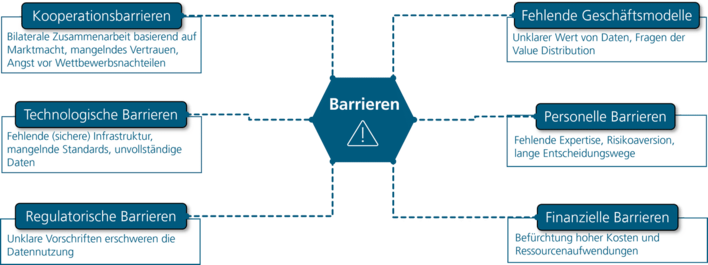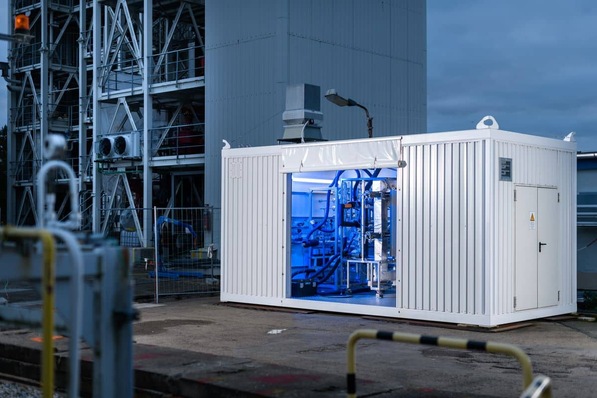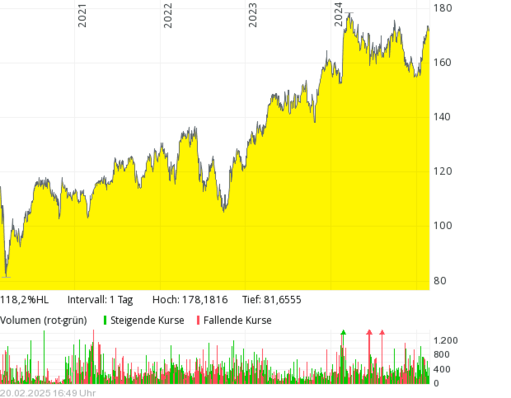A mood of optimism and determination prevailed on September 2 at the Neckarhafen in Stuttgart, where five logistics companies, including Amazon and Holcim, reported on their one-year experiences with their fuel cell trucks. In total, the companies had covered 225,000 kilometers with their Mercedes-Benz GenH2 Trucks and had refueled around 15 tonnes of subcooled liquid hydrogen (sLH2 standard) during 285 refueling stops in Wörth am Rhein or Duisburg.
In this pilot phase, during which the trucks were integrated into regular operations at all five companies, each vehicle had a dedicated supervisor from Daimler Truck who was available around the clock throughout the year. As a result, the availability of the trucks was 80 percent – although the companies would prefer a rate of 99 percent.
Michael Scheib, who heads vehicle development at the manufacturer, is confident that this figure can be achieved in the medium term: “We need to reduce the maintenance effort per truck anyway if we want to have 100 fuel cell vehicles on the road by the end of 2026 and already 500 by the end of 2029.” The good news, he said, is that none of the issues were due to conceptual design flaws, but mostly related to software – for example, when a driver was unable to restart the system without assistance.
The question of economic viability is more critical. Roger Haschke, who is responsible for the fleet of 120,000 vehicles at concrete and cement manufacturer Holcim and outsources all transport of building materials to subcontractors, stated: “Hydrogen becomes marketable at a price of €2.50 to a maximum of €5 per kilogram.” Currently, the price per kilogram is between €10 and €15. The refueling infrastructure also needs to be expanded, said Scheib, “when I think of 1,000 or 10,000 fuel cell trucks on Germany’s roads.” Regarding vehicle costs, one key factor is to design the service life of components in an economically viable way to enable cost-effective production. In other words: which part should ideally last 1.2 million kilometers, and which one should be replaced after 400,000.
As early as the fourth quarter of 2025, five more logistics companies will each put a GenH2 Truck from Daimler into operation. The aim is to gain broader experience across different applications and move closer to series production, which can then also be scaled in workshops and in the training of mechanics. All parties involved confirm the technical suitability of the trucks, which can travel 1,000 kilometers on a single tank. Their drivers, some of whom were present on site, praised the driving comfort, performance, and low noise levels. The driver from the Geislingen-based freight company Wiedmann & Winz said: “The GenH2 stands up to any comparison with diesel or electric drives.”
Nevertheless, all users emphasize that they remain open to different technologies. Their fleets also include the Actros, the electric variant from Mercedes-Benz. Thomas Hollad, head of transport at Air Products – which also operates the refueling station in Duisburg and transports liquefied gas or hydrogen – said the company is ready to expand the refueling infrastructure and is looking for partners to do so. Hydrogen, he said, is an efficient energy storage medium. All stakeholders are also looking to the EU and the Bundestag, the Federal Parliament of Germany, as much depends on the political framework. Scheib assured: “We are not backing out of this technology anymore, we are going full speed ahead.”  By Leonhard Fromm








